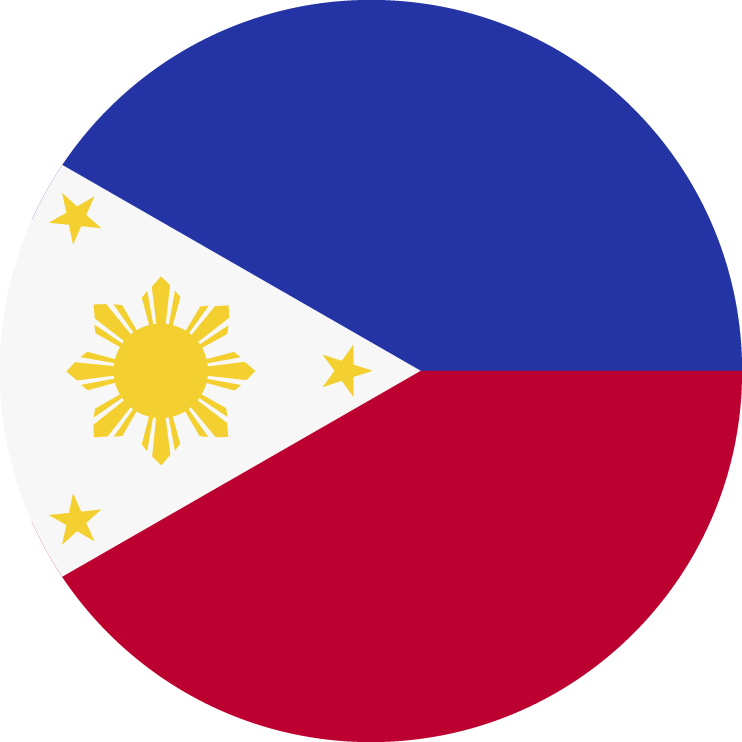Get certified Tagalog (Filipino) translation services in Dubai for your official documents that are 100% accurate and accepted by Philippine authorities and Embassies.
If you need to submit documents for employment, immigration, business setup, or academic purposes in the UAE or the Philippines, our certified legal translations are delivered quickly and by native Tagalog speakers.


We know how important accuracy and compliance are when it comes to legal translation in Dubai. That’s why every translation is handled by professional translators with deep knowledge of Tagalog legal terminology, grammar, and cultural nuances.
Here’s why you should choose Legal Translator:
Our translators are licensed by the UAE Ministry of Justice, and our translations are accepted by the Philippines Consulate in Dubai and the Embassy of the Philippines in Abu Dhabi.
Tagalog documents often involve employment contracts, civil certificates, and legal terminology unique to Philippine law. Our professional Tagalog translators in Dubai ensure accuracy and compliance with UAE standards.
We’ve translated thousands of official Tagalog documents for expatriates, businesses, and students across Dubai. Our team specializes in the Philippines–UAE cross-border requirements, ensuring smooth recognition by both governments.
All translations are performed by native Tagalog speakers and reviewed by experts for legal and cultural accuracy.
With over 15 years of proven expertise and thousands of completed projects, we are a trusted provider of Tagalog translation services in Dubai.
Fast, certified legal translations for visas, court documents, contracts, and more.
Upload your documents directly from your phone or computer and download your translated files once complete.
As a certified translation company in Dubai, we understand the importance of quality translations for your application process. That’s why we’ve built a strong reputation for delivering high-quality Tagalog translations that are accepted by the UAE and Tagalog authorities.
Here’s how we ensure your Tagalog document translations in the UAE are of the highest quality.
We start by reviewing clear scans or images of your original documents and noting any special requirements.
Your document is assigned to an MOJ–licensed, sworn Tagalog translator in Dubai with subject expertise. Our translators handle Tagalog to Arabic, English, French, and more.
The translation is completed word-for-word, preserving structure, seals, and official notes. Official elements are marked in brackets as per UAE requirements.
A second translator reviews the text for grammar, consistency, and cultural appropriateness. We also verify names, dates, and numbers.
You receive a certified translation with the translator’s statement, license details, seals, and formatting as required by the Philippines and UAE authorities.
Our certified Tagalog-to-Arabic translation rates in Dubai start from AED 197.08 per page, with a delivery time starting from 12 hours.
Pricing varies depending on the document type, complexity, and deadline. For a free estimate, request a quote on our website.
The Philippines is a member of the Hague Apostille Convention. However, since the UAE is not a member, an Apostille alone doesn’t make a Tagalog document valid for use in the UAE.
This means documents going between the Philippines and the UAE must still undergo the traditional legalization process between the local authority, Embassy/Consulate, and the UAE MOFA.
Here’s what this process entails;
Tagalog is one of the major languages of the Philippines and the foundation of Filipino, the country’s national language. It is spoken by more than 28 million native speakers and understood by over 80 million Filipinos as a first or second language.
Tagalog varies depending on context and location. Standard Tagalog, which forms the basis of Filipino, is used in government, education, and media. Regional versions may include words and expressions influenced by local dialects such as Cebuano, Ilocano, or Kapampangan.
Overseas Filipinos also incorporate English or Arabic into Tagalog, creating hybrid forms that are commonly spoken in diaspora communities. For example, in the UAE, many Filipinos use mag-overtime ako sa trabaho (I’ll work overtime at work), blending Tagalog grammar with borrowed English words.
These variations, combined with Tagalog’s complex grammar, often lead to challenges in translation, including:
Working with an experienced, certified Tagalog translation agency ensures that documents are accurate and fully compliant with UAE, Philippine, and international requirements.